Foreign country
***SPOILER ALERT***
"The past is a foreign country: they do things differently there" is surely one of the most memorable opening lines, along with that of Pride and Prejudice and A Tale of Two Cities, in the whole of English fiction. So opens L.P. Hartley's 1953 novel The Go-Between. I don't know that the past is a foreign country, although it can certainly seem like a bit of an alien land sometimes. What I do know is that the past can have a profound effect on the present and the future; and that the impact can be unexpected and sometimes incomprehensible.
The Go-Between is set in East Anglia in the long hot summer of 1900. Leo Colston is invited by a school-chum to stay at the family home of Brandham Hall in Norfolk. While there he falls under the spell of his friend's older sister, Marian, beautiful and charming and about to become engaged to the Lord of the manor, Lord Trimingham. Colston likes Trimingham, and has a serious schoolboy crush on Marian. Through a series of events Leo ends up acting as messenger boy between Marian and the tenant farmer, Ted Burgess. It soon becomes clear to the adult reader, and to the adult Leo looking back on his time at Brandham, that Marian and Ted are having an affair. An affair that can never result in marriage because of the class differences between them. As Leo comes to realise what is going on, and partly because of his loyalty to Trimingham, he becomes more and more reluctant to act as go-between, but is persuaded to do so by Marian.
Eventually the relationship will lead to disaster - the lovers are discovered in horrifying circumstances, and by that and subsequent events Leo is left psychologically scarred for life. To the extent that he forgets most of the events of that summer until a chance discovery forces him to relive his memories.
There's something enchanting and compelling about this novel. It paints a glorious picture of the period and the countryside, very much in the style of other favourite writers of mine such as J.L. Carr and Isobel Colegate. It's about childhood innocence and the effects of the adult world crashing into it. But far more than this, I think it's about the rigid class system of the time - still a part of life in Britain today - but about to be changed for ever by the advent of the First World War. Middle class Leo would be as unlikely to marry Marian as working class Ted. Ultimately it is class that will lead to destruction.
What also comes across in the novel is Hartley's ambivalent feelings towards women. Marian is manipulative, if beautiful - the belladonna plant that Leo is attracted and repulsed by is a botanic version of Marian, beautiful but dangerous; while her mother is out-and-out mad, an Edwardian mix of Miss Havisham and Mrs. Danvers. The male characters are all sympathetic, if somewhat helpless. Oddly the women seem to have more control over their lives, if only it wasn't for the rigid social mores of the time.
The Go-Between is an enchanting, if occasionally frustrating, read. I've always enjoyed it, but found myself warming to it less this time round. I think I'm starting to find the depiction of women in it rather annoying. Having said which, there's much to praise in L.P. Hartley's novel. And if you haven't read it yet, you should certainly do so.

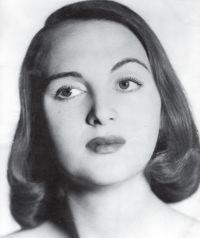
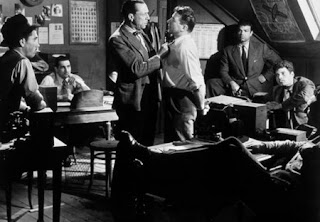
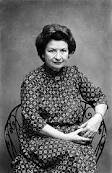


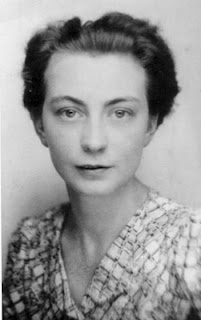


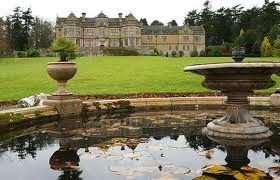
Comments